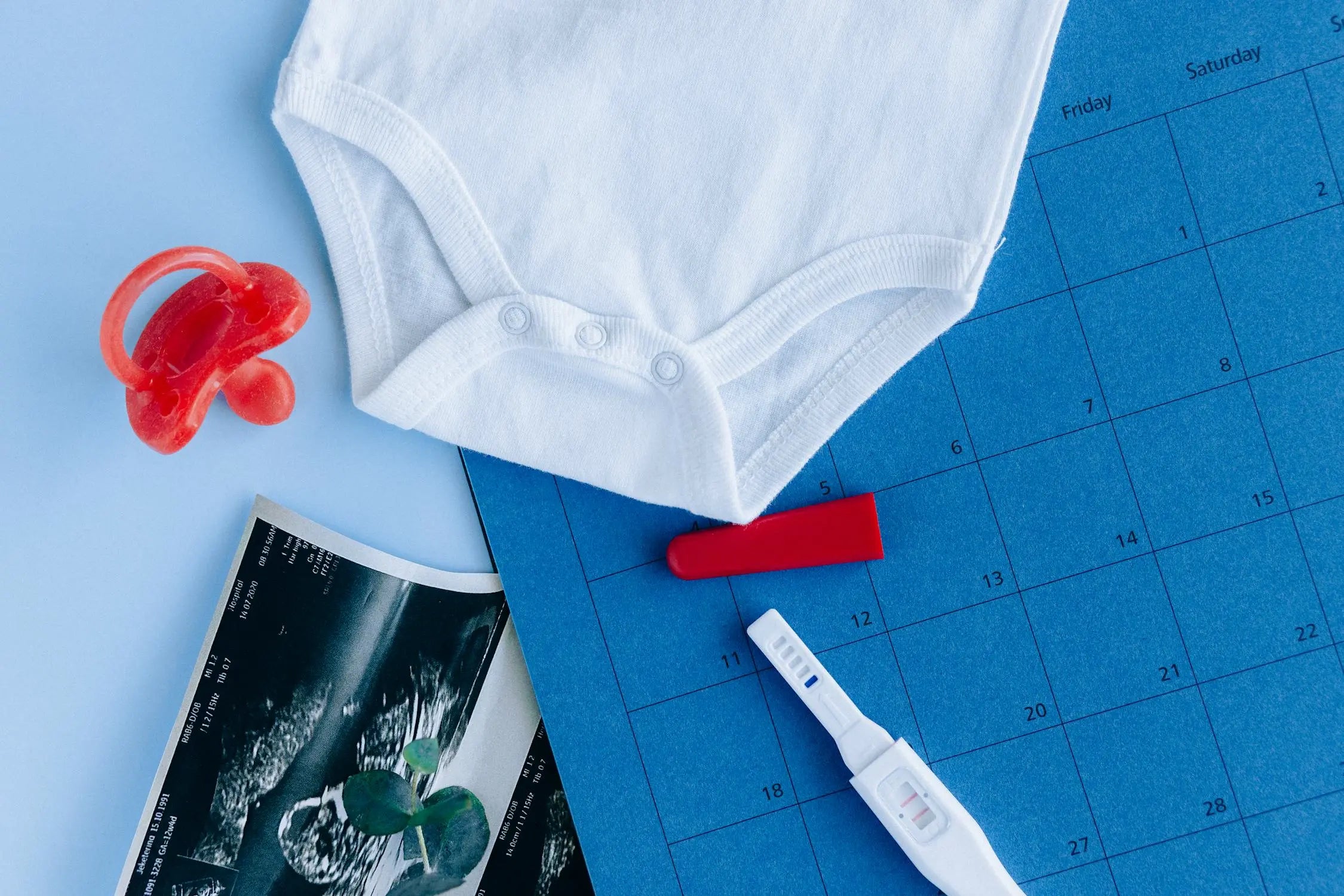Startseite
Pregnancy, Breastfeeding, and Pumping: The Ultimate Guide for Moms
Can a UTI Change Pregnancy Test Results? Exploring the Connection

Can a UTI Change Pregnancy Test Results? Exploring the Connection
When it comes to pregnancy tests, accuracy is everything. But what happens when a urinary tract infection (UTI) enters the picture? Can a UTI change pregnancy test results? This question has puzzled many women, especially those who are eagerly trying to conceive or those who are concerned about an unplanned pregnancy. In this article, we’ll dive deep into the relationship between UTIs and pregnancy test results, exploring the science behind it and providing practical advice for those in doubt.
Understanding Pregnancy Tests
Pregnancy tests work by detecting the presence of human chorionic gonadotropin (hCG), a hormone produced by the placenta after a fertilized egg attaches to the uterine lining. Most home pregnancy tests are designed to detect hCG in urine, making them convenient and widely accessible. However, the accuracy of these tests can be influenced by various factors, including the timing of the test, the concentration of hCG in the urine, and certain medical conditions.
What Is a UTI?
A urinary tract infection (UTI) is an infection that affects any part of the urinary system, including the kidneys, bladder, ureters, and urethra. Common symptoms include a frequent urge to urinate, a burning sensation during urination, cloudy or strong-smelling urine, and pelvic pain. UTIs are typically caused by bacteria and are more common in women due to their shorter urethra, which makes it easier for bacteria to reach the bladder.
Can a UTI Affect Pregnancy Test Results?
The short answer is: it’s unlikely. Most pregnancy tests are designed to specifically detect hCG, and a UTI does not produce this hormone. However, there are a few scenarios where a UTI might indirectly affect the results of a pregnancy test:
- Diluted Urine: If a UTI causes frequent urination, the urine may become diluted, potentially lowering the concentration of hCG and making it harder for the test to detect.
- Blood in Urine: In some cases, a UTI can cause blood to appear in the urine. While this is rare, it could potentially interfere with the test’s ability to read results accurately.
- Medications: Certain medications used to treat UTIs, such as antibiotics, are not known to affect pregnancy test results. However, it’s always a good idea to consult a healthcare provider if you’re unsure.
Other Factors That Can Influence Pregnancy Test Results
While a UTI is unlikely to change pregnancy test results, there are other factors that can impact the accuracy of the test:
- Testing Too Early: If you take a pregnancy test too soon after conception, the levels of hCG in your urine may not be high enough to detect.
- Expired or Faulty Tests: Using an expired or defective pregnancy test can lead to inaccurate results.
- Improper Usage: Not following the instructions on the pregnancy test, such as not using enough urine or reading the results too early or too late, can affect the outcome.
- Medical Conditions: Certain medical conditions, such as ovarian cysts or certain types of cancer, can produce hCG and lead to false-positive results.
When to Take a Pregnancy Test
To ensure the most accurate results, it’s important to take a pregnancy test at the right time. Most experts recommend waiting until after you’ve missed your period to take a test. This allows enough time for hCG levels to rise to a detectable level. If you suspect you might be pregnant but get a negative result, consider waiting a few days and testing again.
What to Do If You Have a UTI and Suspect Pregnancy
If you have a UTI and are concerned about the accuracy of your pregnancy test, here are some steps you can take:
- Consult a Healthcare Provider: A doctor can perform a blood test to confirm pregnancy, which is more accurate than a urine test.
- Treat the UTI: Addressing the infection promptly can help alleviate symptoms and reduce the risk of complications.
- Retest After Treatment: If you’re still unsure about your pregnancy status, consider taking another test after your UTI has been treated.
Preventing UTIs
While UTIs are common, there are steps you can take to reduce your risk:
- Stay Hydrated: Drinking plenty of water helps flush bacteria out of your urinary system.
- Practice Good Hygiene: Wipe from front to back after using the bathroom to prevent bacteria from entering the urethra.
- Urinate Frequently: Avoid holding in urine for long periods, as this can allow bacteria to multiply.
- Wear Breathable Underwear: Cotton underwear allows for better airflow, reducing the risk of bacterial growth.
While a UTI is unlikely to change pregnancy test results, it’s always a good idea to be cautious and consult a healthcare provider if you have any concerns. By understanding the factors that can influence test accuracy and taking steps to maintain your urinary health, you can navigate this important aspect of your reproductive journey with confidence.
Teilen

